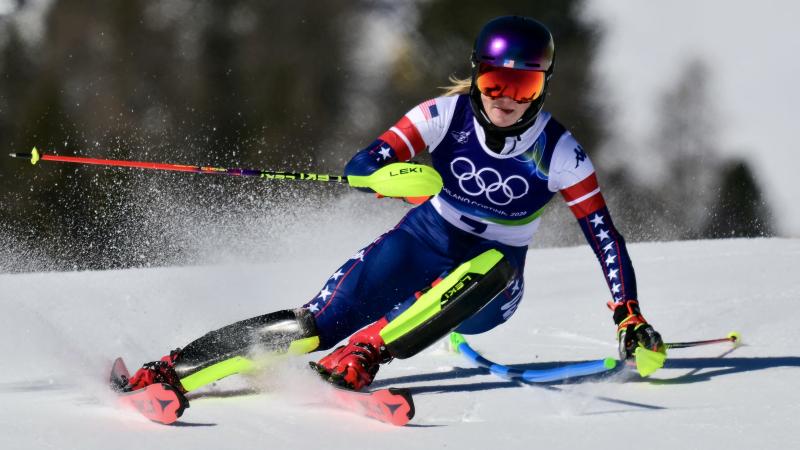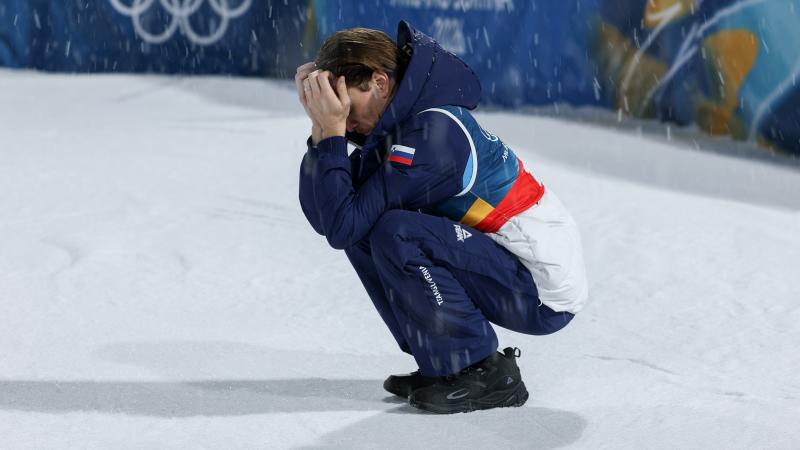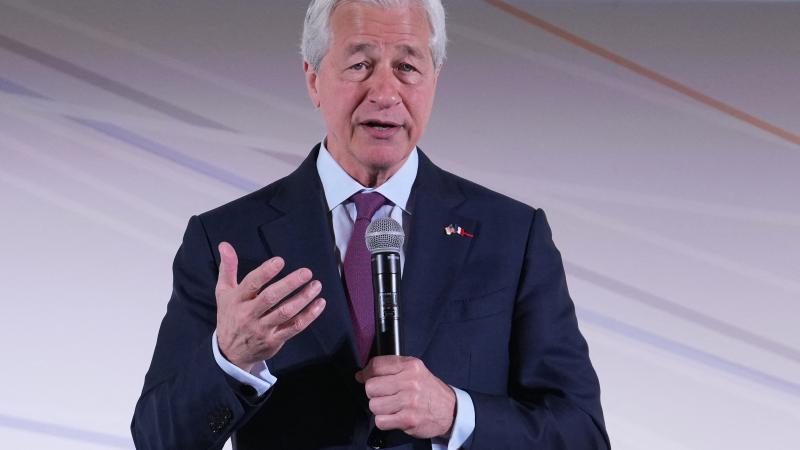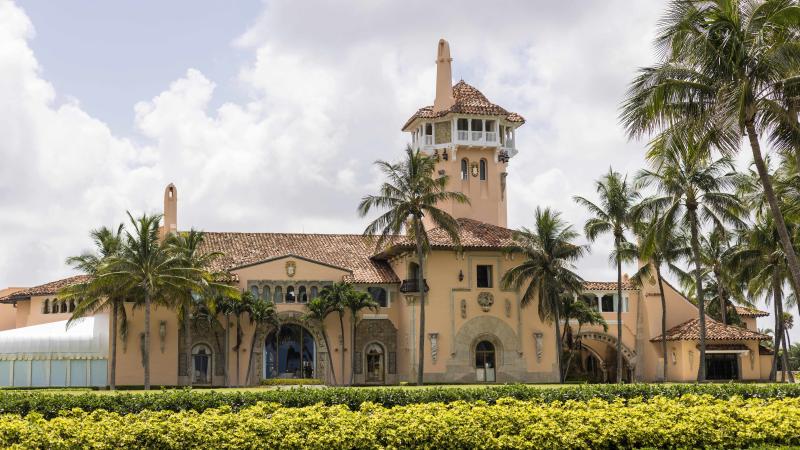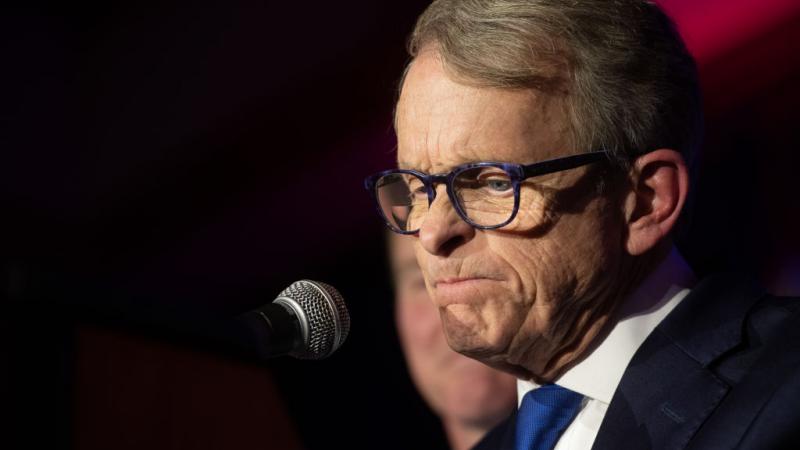Sarkozy behind bars polarizes French – amid talk about political vendetta, 'contempt' for judiciary
Sarkozy was sentenced to five years behind bars on charges he orchestrated a criminal conspiracy with a scheme to illegally obtain campaign funds from outside France in return for diplomatic favors
France’s Nicolas Sarkozy built a career on swagger, defiance, and ambition. This week, he took those traits through the gates of La Santé, the last remaining penitentiary inside the Paris city limits.
Sarkozy became French president in 2007 after a campaign promising to modernize France and help the country shake off old habits. He succeeded on several fronts: confronting powerful trade unions, loosening rigid labor laws, streamlining government bureaucracy and taking more decisive stances on European Union reforms.
Eighteen years later, he broke another norm by becoming the first modern French president to serve prison time. The last time that happened, it was Philippe Pétain, a World War I hero who was convicted of treason in 1945 for collaborating with France’s Nazi occupiers during World War II.
Sarkozy, 70, was sentenced to five years behind bars on charges he orchestrated a criminal conspiracy with a scheme to illegally obtain campaign funds from outside France in return for diplomatic favors, in this case from the regime of the late Libyan dictator Muammar Gaddafi.
Sarkozy has appealed the conviction, but French law permits “provisional enforcement” of sentences for serious crimes deemed “likely to undermine citizens’ trust” – even if the ruling is under appeal.
Sarkozy, a conservative, was the leader of the Union for a Popular Movement political party during his 2007-2012 term as French president. The party represented a broad centrist-right coalition that eventually fell to the Socialists led by François Hollande and was dissolved three years later.
While in office, Sarkozy worked with the then-U.S. President Barack Obama and was credited with mending ties between Washington and Paris that had been frayed by France’s refusal to join the U.S.-led coalition that fought in Iraq and Afghanistan.
“It feels really good to be able to work with a U.S. president who wants to change the world and who understands that the world does not boil down to simply American frontiers and borders,” Sarkozy said during Obama’s first visit to France as president, in 2009.
Though the two leaders were not broadly aligned politically, Sarkozy sought to align himself with the then-popular Obama, noting that both leaders rose to power as “outsiders with funny-sounding names” Obama’s surname came from his Kenyan-born father, while Sarkozy’s name is of Hungarian origin.
The recent developments surrounding Sarkozy have been polarizing in France. One poll found that around 60 percent of French residents believed the sentence was “fair,” even as another poll showed that nearly three of four respondents said they were “shocked” by the sentence.
The broadest view is that Sarkozy’s arrest, as an editorial in The Guardian said, “laid bare the extent to which in France, as in other countries, the rule of law is threatened by a newly fashionable contempt for the judiciary.”
Meanwhile, French conservatives are convinced that Sarkozy is a victim of a political vendetta against the right.
“This unprecedented treatment, for which there is no justification, says everything about this verdict,” François-Xavier Bellamy, a member of the French parliament said. “If they truly believed in their verdict, what did the judges have to fear from waiting for an appeal?”
That’s a view shared by far-right leader Marine Le Pen, who said that the court’s decision was a threat to core French principles, “core among which is the assumption of innocence until proven guilty.”
Though Sarkozy will be the first French leader to face prison time since the 1940s, he is hardly the first high-profile prisoner to be housed at the La Santé prison's "VIP wing” reserved for inmates who could be at risk from fellow prisoners. Some reports indicated that Sarkozy’s life was already threatened just a day after his arrival.
Previous inmates include Manuel Noriega, the former Panamanian dictator who was held there following his extradition to France from the U.S., and Venezuelan extremist Ilich Ramirez Sanchez, best known by his nickname “Carlos the Jackal.”
The Facts Inside Our Reporter's Notebook
Links
- confronting powerful trade unions
- more decisive stances on European Union reforms
- illegally obtain campaign funds from outside France
- provisional enforcement
- Sarkozy said during Obamaâs first visit to France
- believed the sentence was âfair,â
- respondents said they were âshockedâ
- the rule of law is threatened
- This unprecedented treatment
- the courtâs decision was a threat to core French principles
- Sarkozyâs life was already threatened
- Previous inmates include
